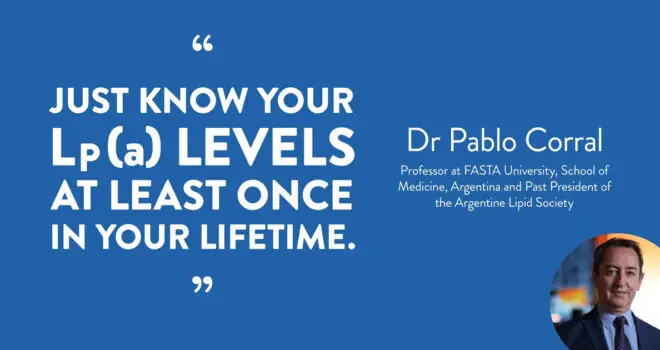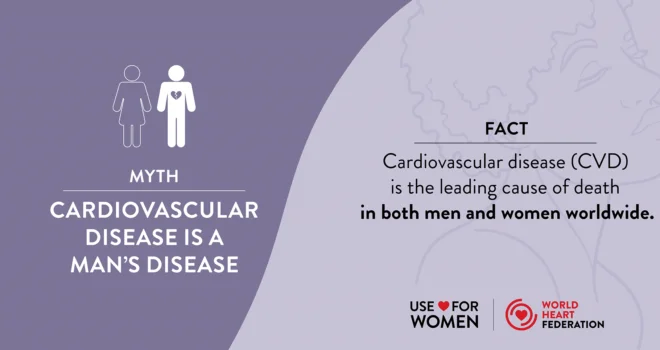This is a statement made at the 148th session of the WHO Executive Board on Agenda item 22.1 by the World Heart Federation and Members of the Global Coalition.
Honourable chair, distinguished delegates,
Thank you for the opportunity to deliver this statement on behalf of UICC, WCRF International, WHF, WOF and supported by NCD Alliance.
We welcome the proposals to address the challenges that the past year has presented in the engagement of NSAs in WHO governing body meetings. We appreciate the proposed use of virtual platforms to broaden participation, recognising that voices representing smaller organisations, those from low- and middle-income countries and people with lived experience have faced multiple barriers to participating in Governing Bodies’ meetings.
To achieve more effective engagement of NSAs, we call on WHO and Member States to consider that:
- Informal discussions are an excellent complement to, but not a replacement for, comprehensive online consultations on key documents.
- Systematic consultations early in the preparation of technical documents (in relation to zero drafts) will more effectively support WHO technical teams from the outset. We see the recent consultation on the Global Action Plan on alcohol as a good starting point, but further time should be allowed for responses.
- Informal meetings must be timed not to clash with formal preparatory meetings, e.g. PBAC, and be feasible for Member States to attend.
We ask the WHO secretariat to provide clarity on the proposed modalities for informal discussions, including agenda setting, mechanisms for posing questions and sharing resources, and a review process to collectively evaluate the proposals contained in the report.
We reiterate our willingness to develop constituency statements on a voluntary basis, but request clear information on incentives to support them, such as additional time for delivery and minimum constituency sizes. We oppose the proposal for mandatory statements, which risk side-lining vital voices of marginalised and vulnerable groups.
Finally, we also encourage the WHO Regional Committees to develop NSA engagement strategies using virtual platforms to improve the effectiveness and equity of engagement.


